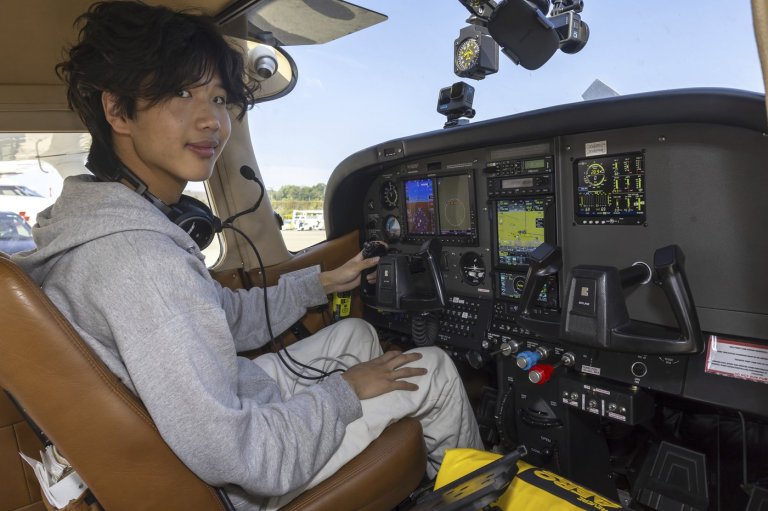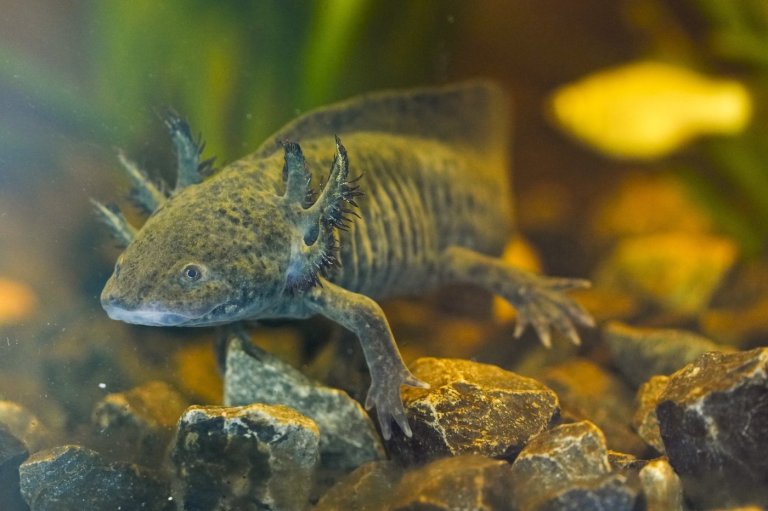Turkish prime minister appointed to form interim govt; new election set for Nov. 1
ANKARA, Turkey – Turkish Prime Minister Ahmet Davutoglu was appointed Tuesday to form an interim government that will lead the country to a new election on Nov. 1.
President Recep Tayyip Erdogan formally called for a new election following an inconclusive vote in June and the collapse of coalition-building efforts.
Turkey’s election board confirmed that the new election will take place on Nov. 1 in the first time that Turkish parties have failed to form a government after an election.
Davutoglu has five days to form a temporary Cabinet — which would include opposition party legislators. However, two main opposition parties have already declared they wouldn’t participate in the interim administration.
The opposition accuses Erdogan of triggering a new election in the hope that the ruling Justice and Development Party, or AKP, which he founded, can win back the parliamentary majority it lost in June and again rule alone. Erdogan refused to give the main opposition party’s leader the opportunity to try to form a government.
Opinion polls, however, suggest that the new election may not reverse the AKP’s losses and another hung parliament is a possibility.
Davutoglu is now likely to form an administration made up of independent figures and legislators from Turkey’s pro-Kurdish political party who would be taking up ministerial posts for the first time in Turkish history.
That puts Davutoglu in the awkward position of governing with members of the pro-Kurdish party it had ruled out as a coalition partner.
On Tuesday, he urged opposition parties to join his interim administration, saying they had a responsibility to shoulder the burden.
“You cannot lead a country by shutting the doors,” Davutoglu said. “Come let’s take this responsibility together.”
The ruling party lost its parliamentary majority in the June 7 election for the first time since 2002.
The new election deepens uncertainty in Turkey as it is grappling with a sharp increase in violence between security forces and Kurdish rebels and is more deeply involved in the U.S.-led campaign against Islamic State group extremists.
More than 100 people — mostly soldiers and police — have been killed since July in renewed conflict between the outlawed Kurdistan Workers’ Party, or PKK, and the security forces, which has wrecked a 2 1/2-year-old peace process with the Kurds.
Opponents have accused Erdogan of escalating the conflict against the PKK in a bid to win nationalists’ support and discredit the pro-Kurdish party, whose gains in the June election deprived the ruling party of its majority. The government denies the accusations.
Join the Conversation!
Want to share your thoughts, add context, or connect with others in your community? Create a free account to comment on stories, ask questions, and join meaningful discussions on our new site.


















Leave a Reply
You must be logged in to post a comment.